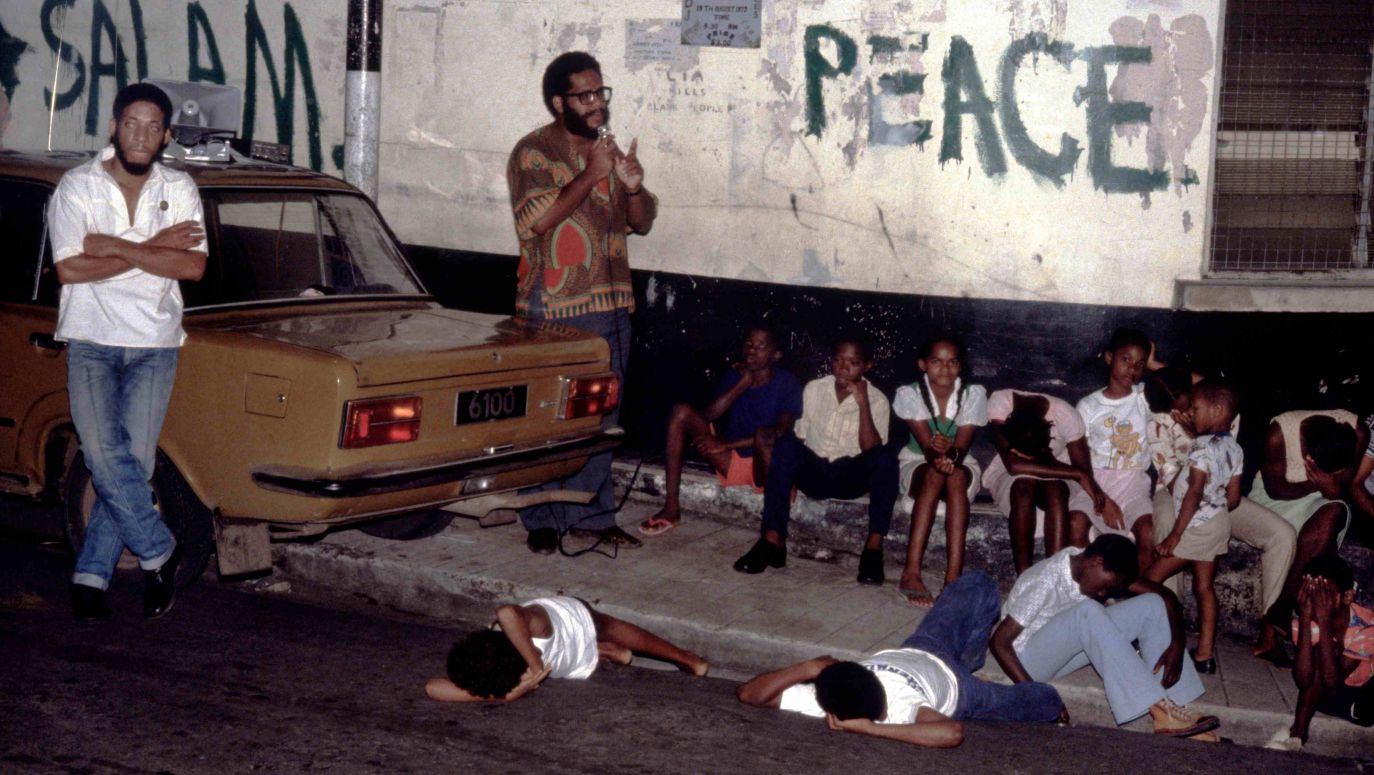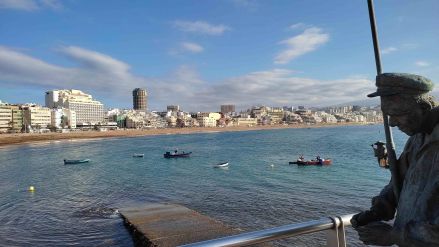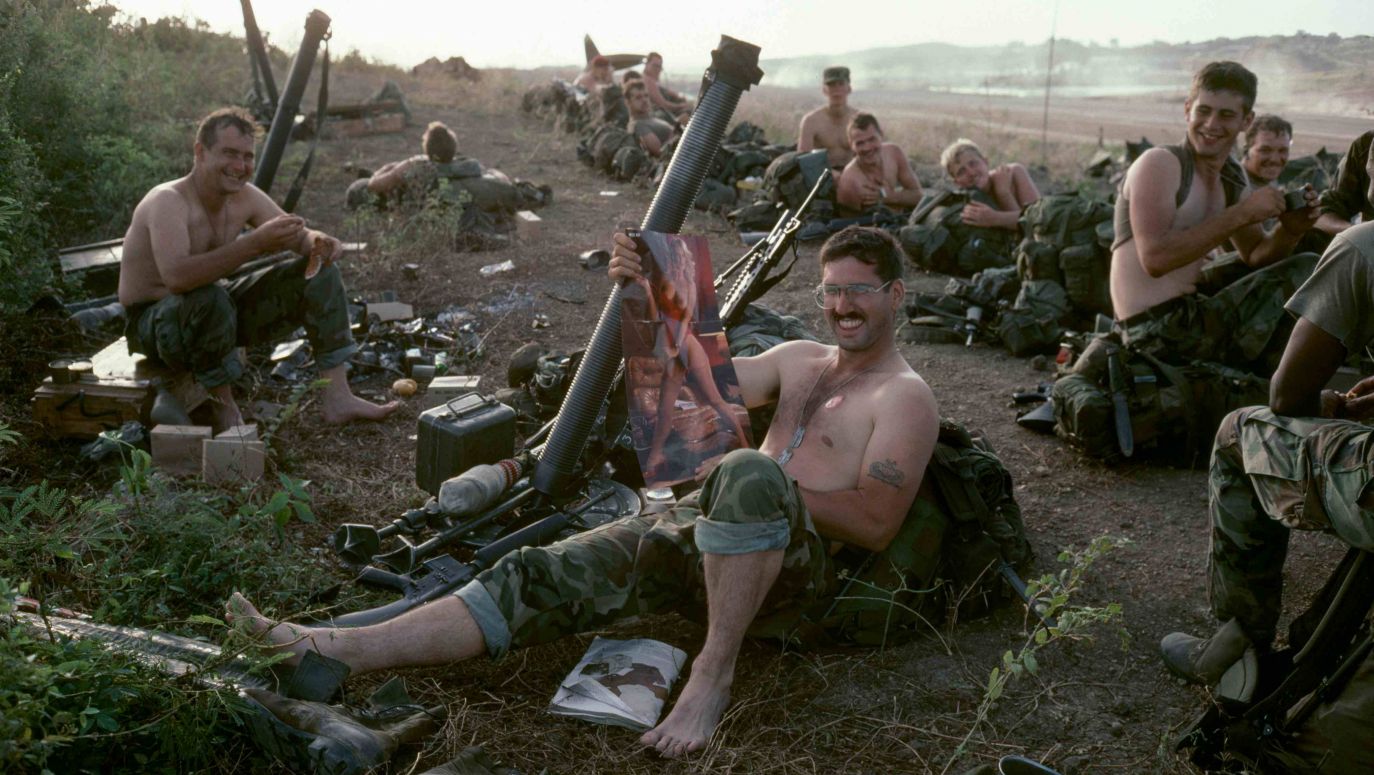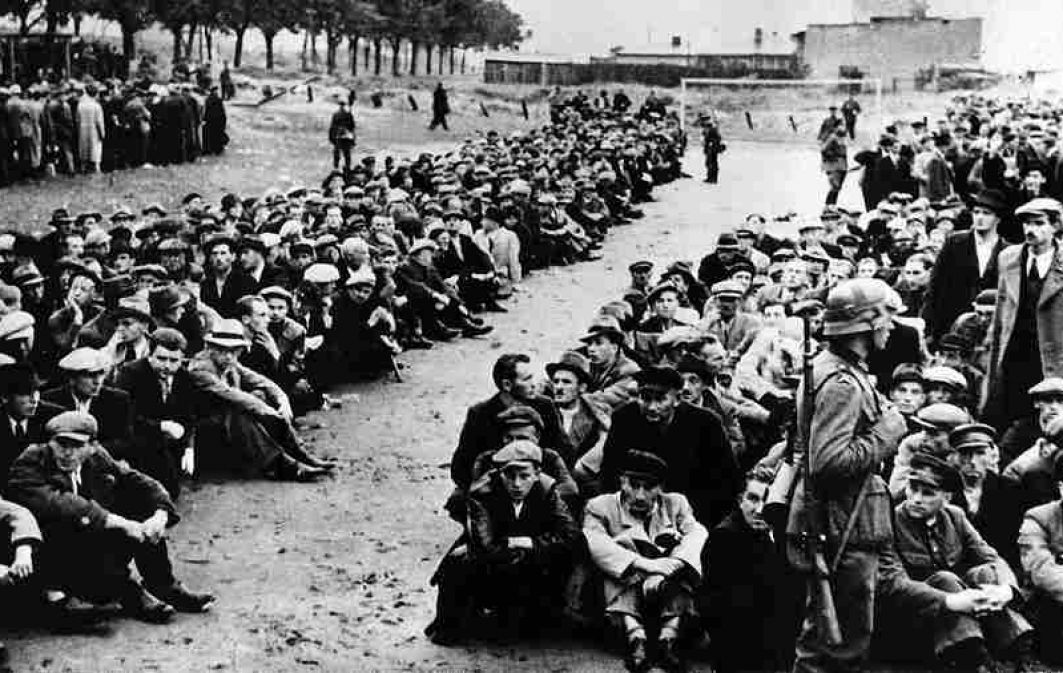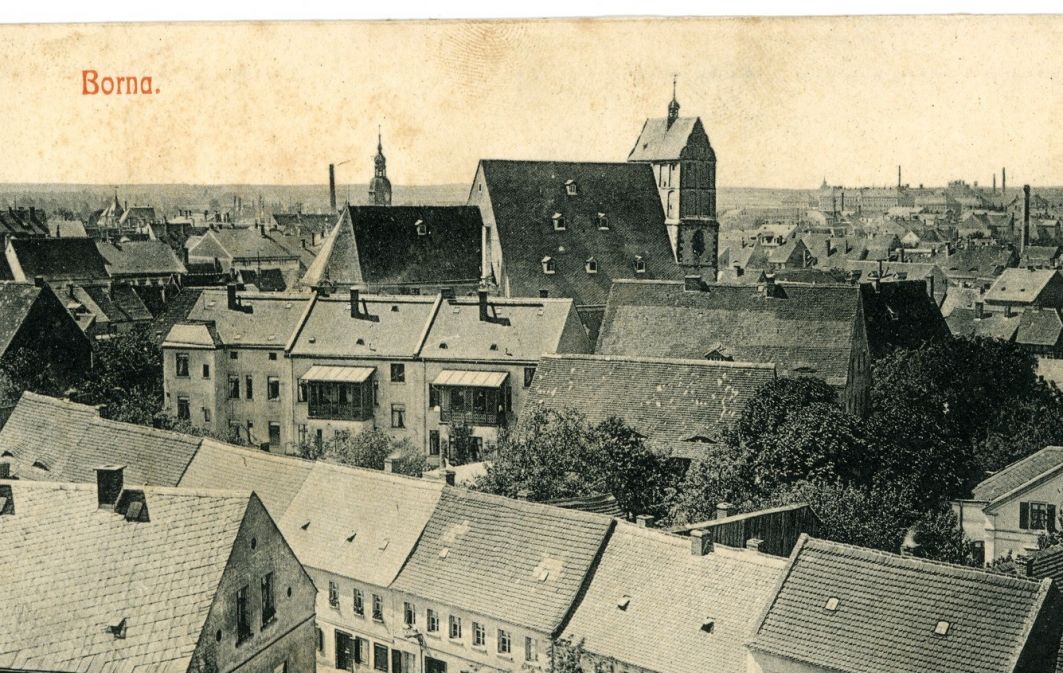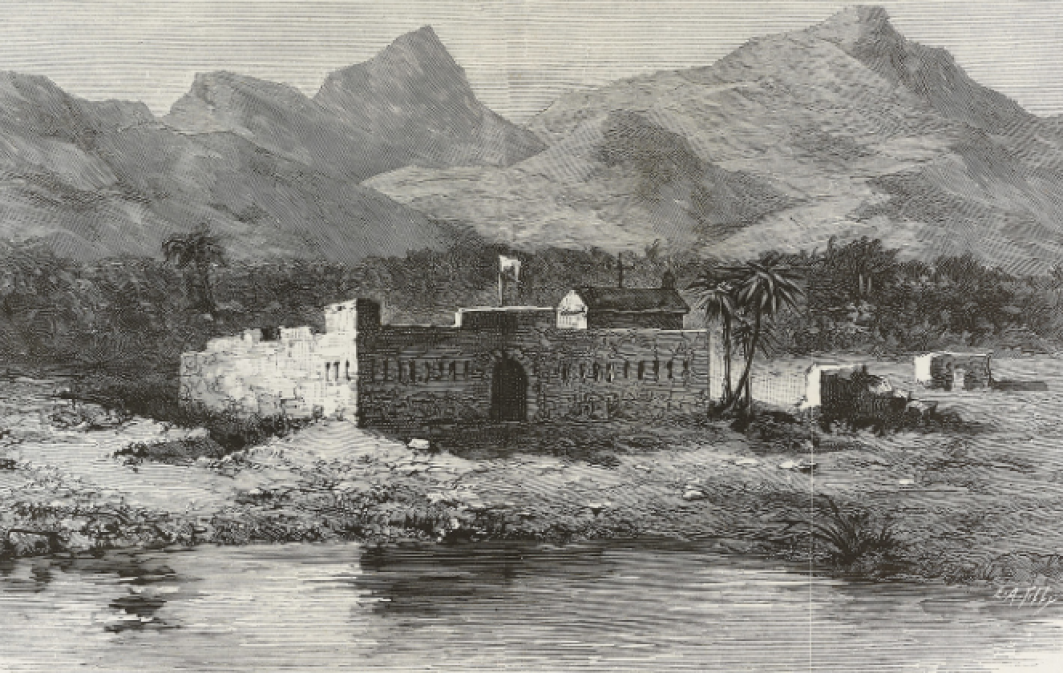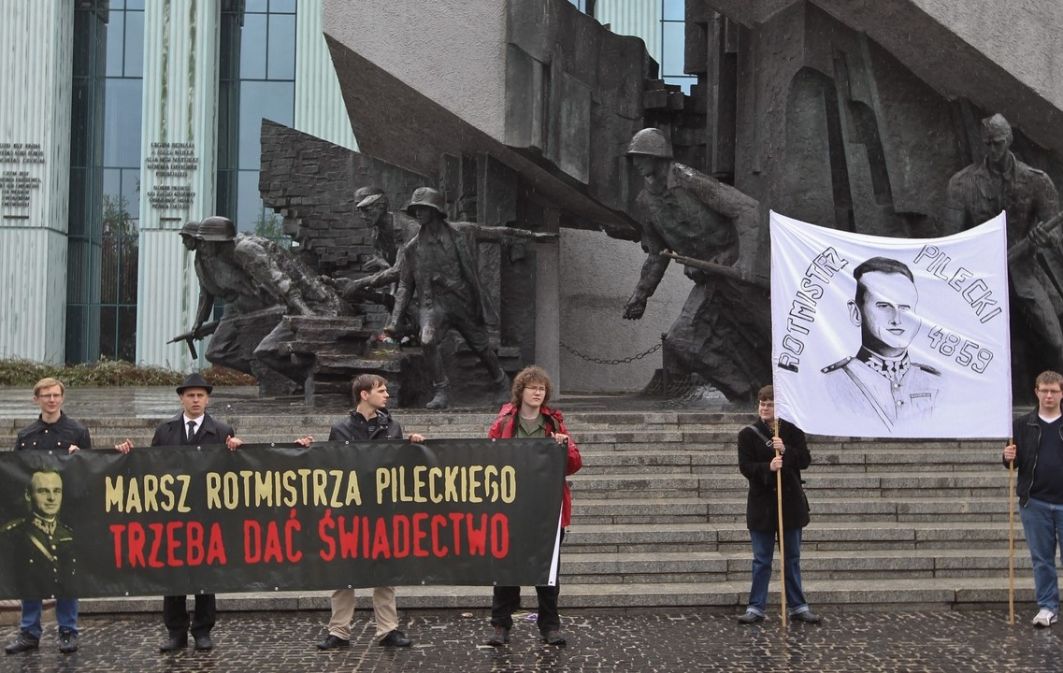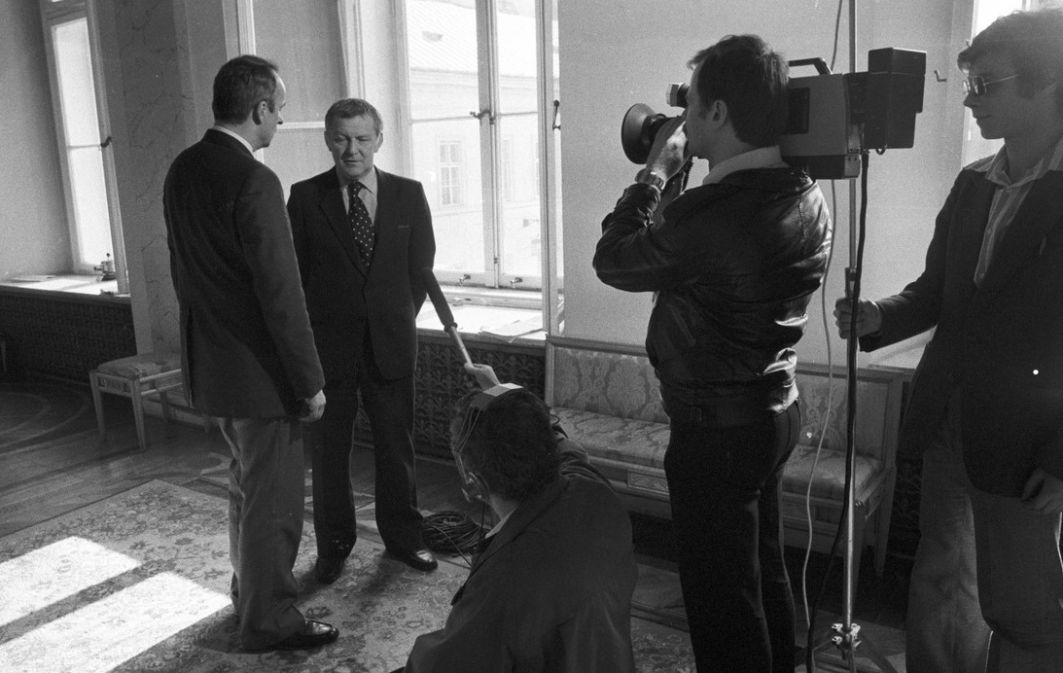During that period, Cuba was involved in numerous Marxist guerrilla movements across Africa (such as in Angola) and South America. Supporting the Sandinistas in Nicaragua, Cuba was directly linked to the events on Grenada, where Marines discovered 700 construction workers and engineers led – some might assert “directed” – by a Cuban army colonel. Over fifty of these construction workers had transported AK-47 carbines from Cuba for their mission. Additionally, Grenada's local armories alone possessed enough small arms to outfit a force ten times the size of the local army and militia, if needed.
Behind Cuba loomed the Soviet Union, a constant concern at the time. The fear of a Soviet military base and airfield for strategic bombers in Grenada, essentially at the United States' doorstep, was palpable. Although the Russians were already stationed in Cuba, proliferating such sites was perilous, especially in the wake of the Cuban Missile Crisis, in October 1962, during President John F. Kennedy's era. This crisis brought the world to the brink of a global nuclear conflict when the Soviets attempted to install missiles with nuclear warheads in Cuba.
 SIGN UP TO OUR PAGE
SIGN UP TO OUR PAGE 
President Ronald Reagan, elected in 1981, was a vocal challenger of the Soviet empire. In March 1983, he famously labelled the Soviet Union the “evil empire” and championed “Star Wars” as a means to defeat it. This reference to the popular film series aimed to elucidate the nature of strategic armament utilising space technology. Essentially, it conveyed that the USSR's potential nuclear attack on the United States would be intercepted en route, a technology no one else possessed at the time. In response to this challenge, despite its technological limitations, the USSR armed itself extensively.
The Reagan-era United States, in contrast to the Jimmy-Carter-era, responded resolutely to any communist domination threats. For instance, they deployed tactical nuclear weapons in Western Europe as a response to Soviet SS-20 missile installations and opposed martial law in Poland. Additionally, in South America, they engaged in conflicts against the Sandinistas and communist guerrillas, supporting – albeit dubiously – criminal dictatorships whose sole virtue was their anti-communist stance.
The political polarisation of South America left little choice for the future: it was either going to be a dictatorship or a communist dictatorship with the facade of freedom propaganda. Witnessing Cuba's example daily, the US anticipated a comparable scenario in the region between South America and Florida.
From one coup to another
Grenada achieved independence from Britain in 1974. Its first prime minister, Eric Gairy, hailed from a moderate left-wing faction and maintained amicable relations with both the United States and Britain. The country remained a part of the British Commonwealth, with Elizabeth II as its head of state. However, Gairy's reign soon revealed dictatorial and corrupt tendencies. On the international stage, he was known for advocating for UN investigations into UFOs and extraterrestrial activity, earning him titles like “certifiably mad”.
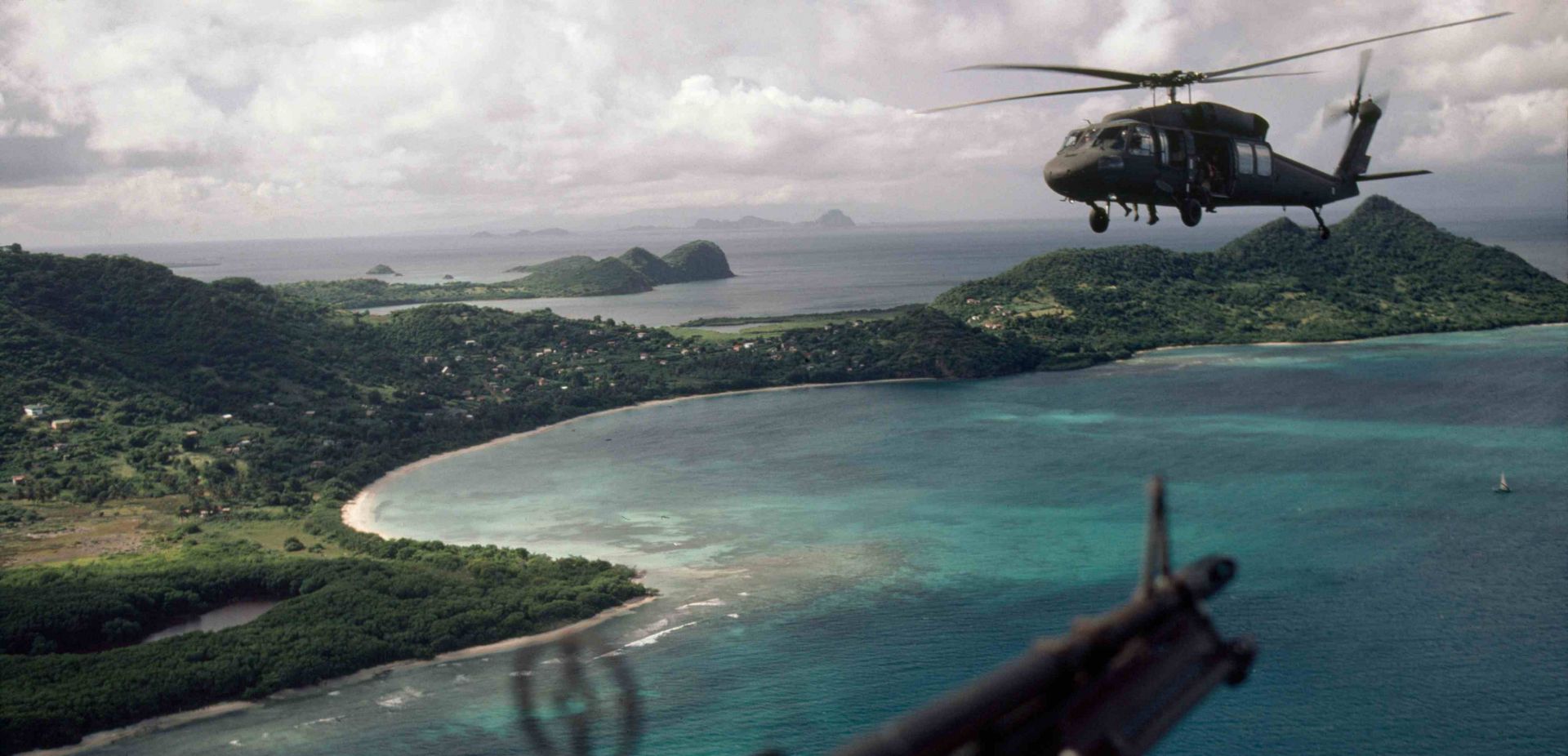
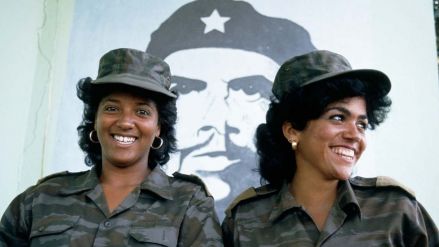
 SIGN UP TO OUR PAGE
SIGN UP TO OUR PAGE 
